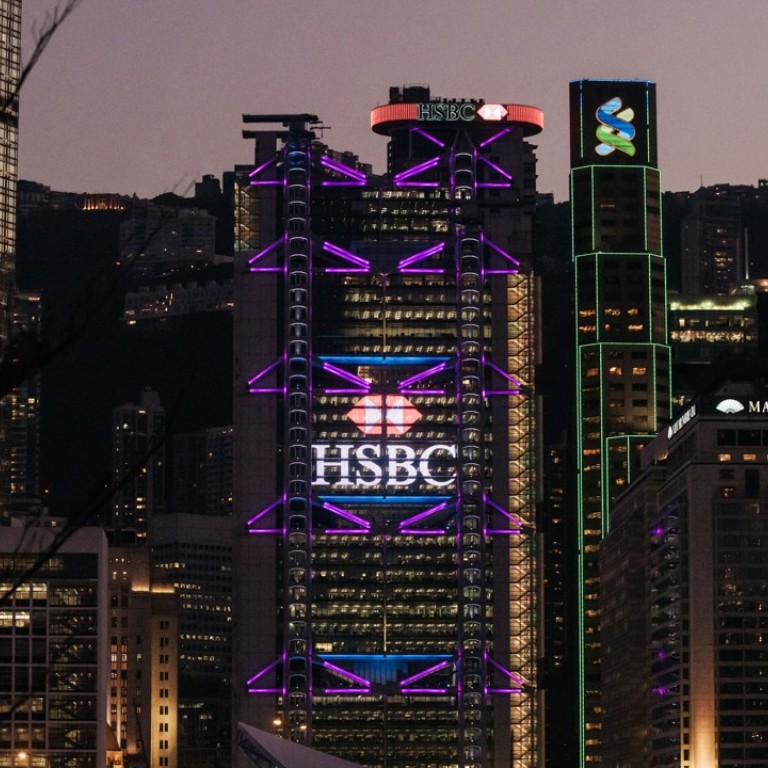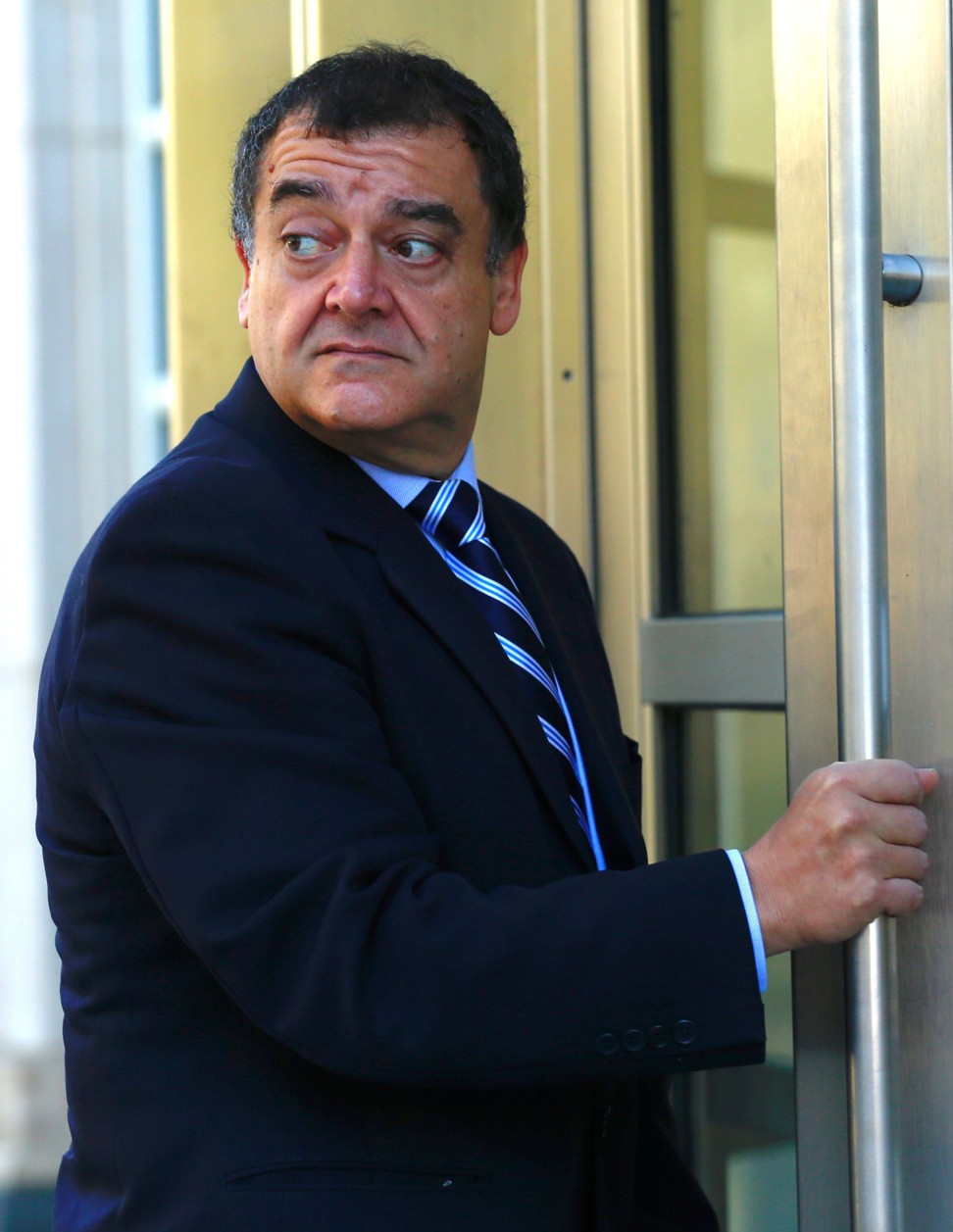
Hong Kong’s anti-money laundering moves will not work without due diligence from firms
Alain Esseiva says government proposals to introduce legislation to prevent illicit transactions are welcome, but proactive action and vigilance by financial services firms are the best safeguard
This is timely: according to the Joint Financial Intelligence Unit, 59,730 reports of suspicious financial activity were reported in the first nine months last year, an average of 200 per day – the most the unit received in a single year since it was set up in 1989.
Legislation alone will not eradicate money laundering, as criminals and disreputable banks and service providers will find a way around it
However, the number of people convicted of money laundering fell from 145 in 2014 to 122 last year.
Earlier this year, the government put out a consultation paper that sought to increase customer due diligence and record-keeping requirements for certain non-financial businesses and professions. A “fit and proper” test and new licensing requirements were also suggested, to be overseen by the Registrar of Companies. As a result, measures have been proposed that would require all trust and corporate service providers in the city to be licensed, with stricter anti-money laundering guidelines put in place. Service providers will require a licence – it will be a criminal offence to operate without one – and companies will need to conduct more effective due diligence. This will put Hong Kong more in line with similar jurisdictions and is a positive move that will improve its credibility.
However, legislation alone will not eradicate money laundering, as criminals and disreputable banks and service providers will surely find a way around it. The answer, though, is not more regulation, but proactive action taken by the financial services firms themselves.
Hong Kong’s currency issuing banks processed money laundered by Russian criminals
This starts with education, specifically staff training. Money laundering is a complex process, often involving a web of companies, “middlemen” and numerous financial layers. Frontline staff need to be able to spot even the subtlest signs of illicit money and understand why this could lead to an offence. Technology plays a role here. Advances in robotic process automation (RPA) mean a lot of the repetitive, box-ticking work can be automated, freeing up time and resources for proper due diligence. RPA vendors are starting to incorporate artificial intelligence and computer vision capabilities, vastly increasing the amount of data that can be processed, making complex money laundering attempts easier to spot.
HSBC’s new compliance rules require clients to provide more account information

At the time of the transactions, he was not flagged as a “politically exposed” person as defined by the Hong Kong Monetary Authority guidelines, yet stricter internal procedures should have flagged this individual and kicked off stricter due diligence procedures.
Of course, too much “de-risking” creates its own problems. In its effort to protect itself from anti-money laundering regulations, HSBC closed several accounts of charities in the UK that were completely innocent, yet by the nature of their work forced to operate in countries that posed a laundering risk. Often after a short review period and without warning, the charities found they could no longer receive donations.
Disclosure rules won’t slow Hong Kong’s money-laundering wheels
The UK’s Financial Conduct Authority actually warned of an “avalanche” of de-risking, with smaller charities, cultural associations and foundations at greatest risk of being affected. The subsequent media attention forced the bank to reinstate many accounts.
There are only so many measures governments can take, before regulations start to impede on business conditions and growth. Yet with even the best thought-out laws, there will always be loopholes. If Hong Kong’s financial services industry is to continue to grow and compete, firms will need to step up their game on due diligence and self-policing. Only this will reduce the risk of money laundering and terrorist financing.
Alain Esseiva is CEO of Alpadis Group Hong Kong

